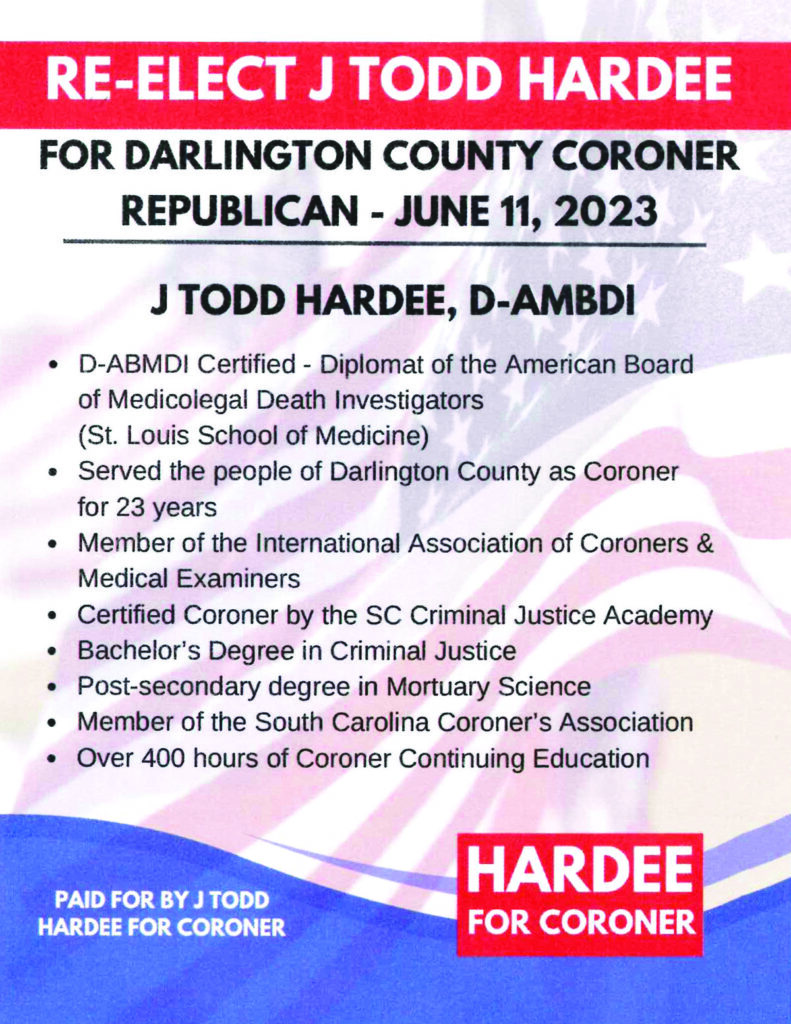Finding Cayl’s voice

By Tammy Sturtevant
Special to the News and Press
The last few years my child hood friend, Jana Pye of the News & Press in Darlington, S.C., has been writing articles on my son who is now 7 and a half about having Apraxia of Speech and she is being his voice by spreading the word. This year, she asked me to share our story from my perspective as a mom, living in Estero, Florida.
Apraxia of Childhood Speech is a neurological disorder that affects children’s ability to speak. According to the American Speech Language Hearing Association:
“Children with apraxia have problems saying sounds, syllables, and words. This is not because of muscle weakness or paralysis. The brain has problems planning to move the body parts (e.g., lips, jaw, tongue) needed for speech. The child knows what he or she wants to say, but his/her brain has difficulty coordinating the muscle movements necessary to say those words.”
Cayl, who is just about to finish the 2nd grade, was unable to speak until almost the age of four. He was five before he was able to say more than two or three words together. Now at age 7 and half, he is excelling at school but not without a lot of hard work on his part. His first quarter this year was a near disaster and he was quickly falling behind. Most children with apraxia have more than the inability to produce the sounds; they also have trouble putting their thoughts together in their mind, and trouble writing down or speaking those thoughts. They have the correct answer, but the processing of the information along with trying to get the right sounds out, or movement of their tongue, comes out sometimes like a jumbled mess.
This year we have had to have two IEP meetings at the school to figure what works best for him in order for him to be successful. The first IEP didn’t go as well as I had hoped, but I kept at it getting more information to bring to the table and coming up with ways to help him in the classroom that wouldn’t cause the teacher a lot of extra work but would certainly help him. The second go around was very successful. The little things implemented had a huge impact on him and his grades.
Taking the therapy to the next level is another key for parents of children with apraxia. Parents and teachers get to the point where they think, “Ok, they can talk now,” but the journey doesn’t end there. There are more hurdles that these kids will have to get over to be successful. We found that because he can not produce all sounds still that decoding of words or phonics is sometimes tricky for him. We have been blessed with our school speech pathologist and private speech pathologists, and our OT. They have all gone above and beyond to work with Cayl and helping him find his voice.
I have made spreading the word part of my daily life. I became part of the schools district ESE Parent Advisory Committee, I quickly made good contacts with people in the district to help me spread the word and this year I organized the first Apraxia walk in my hometown in Florida.
Along the way, we have made great new friends in the Apraxia community and we share our journey together. Cayl’s school has been nothing but supportive throughout our time at Pinewoods Elementary. We have hit some bumps in the road but in the end we have all met in the middle to do what is best for Cayl and without their support and starting him at their school at age three, I don’t believe he would be the successful student he is today.
I encourage parents and people around children that if you see the child is struggling with their speech, don’t just assume that he or she has a delay. Seek an SLP to evaluate the child as soon as possible. The earlier the detection the better the chance for the child to overcome this disorder and provide that child with the tools to be able to communicate.
Our journey is not even half way over and as he progresses we will hit more bumps in the road and fight for what works best with him; but in the end it will be worth everything we put into it. The work Cayl has put into finding his voice has been incredible and everyday he is my little hero. There are days that now he talks nonstop and I find myself saying Cayl, lets see if you can keep quiet for 5 minutes and then I laugh to myself thinking three years ago I didn’t even know if he would be able to put 3 or 4 words together. He proved me wrong with all that hard work and therapy and most of all he never gave up.
To learn more, visit: www.asha.org.
Here in S.C., the Midlands of South Carolina Walk for Apraxia September 10 at Blythewood Park S.C. Contact Bizzy Stokes: bizzystokes@ gmail.com.



